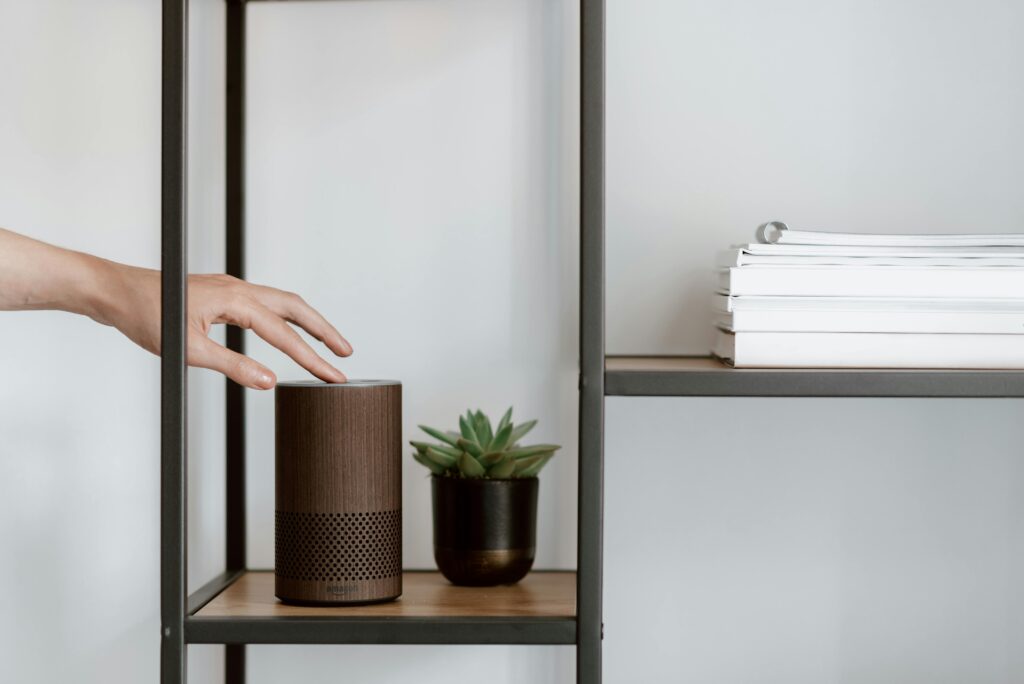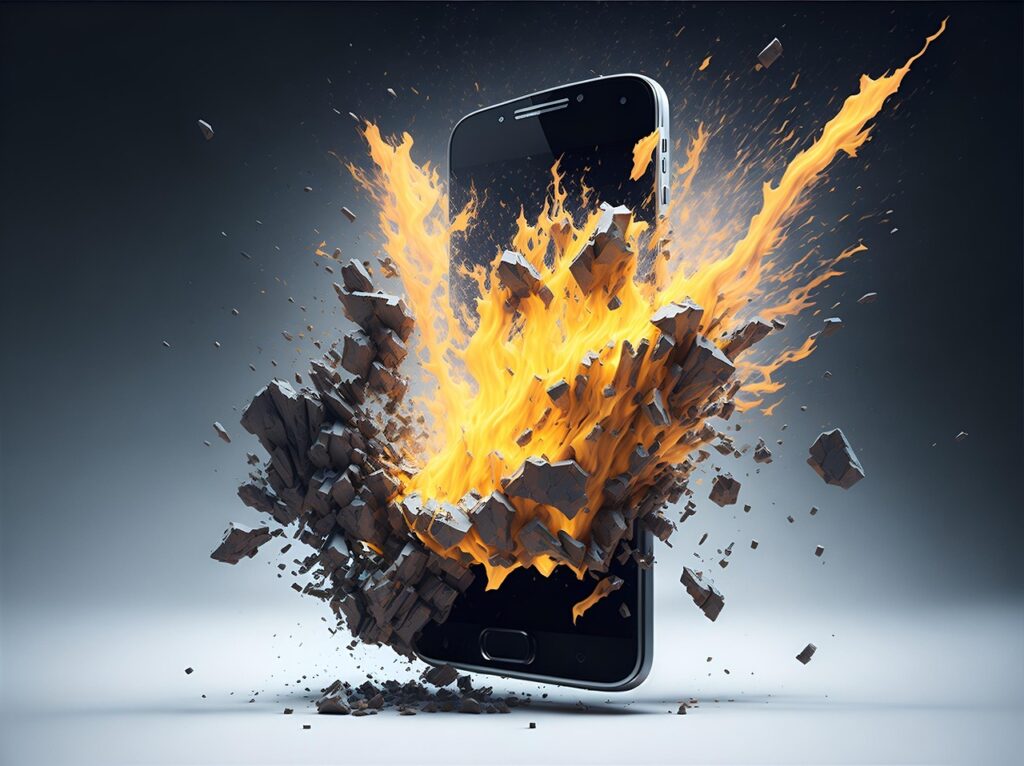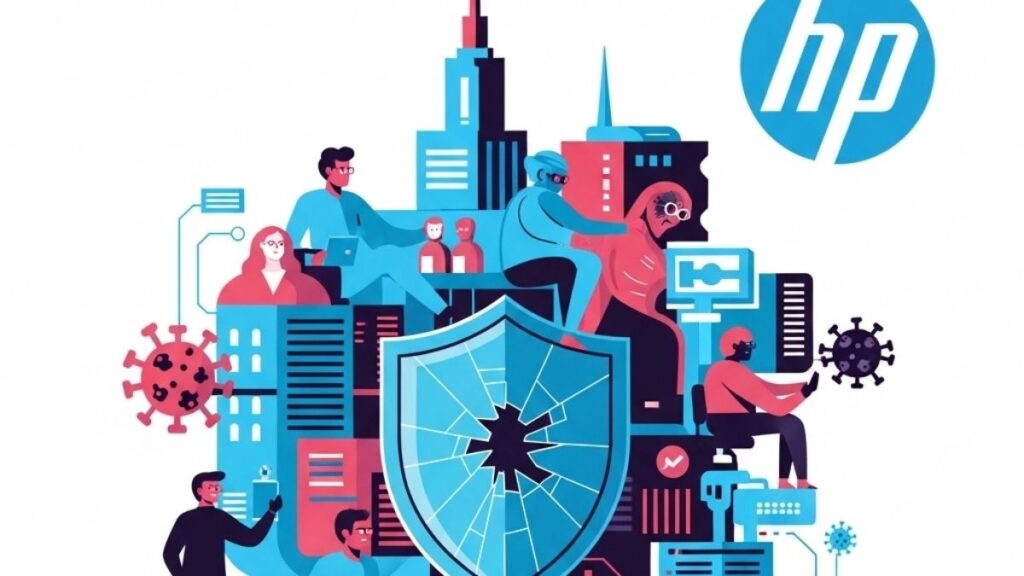The convergence of Artificial Intelligence (AI) and the Internet of Things (IoT) is a digital transformation in real estate. As technology continues to evolve, it changes how we buy, sell, and manage properties, allowing for increased efficiency and improved living standards. The synergy between AI and IoT enhances convenience and creates a more sustainable and personalized living experience.
Critical Concepts of AI and IoT in Real Estate
At its core, AI refers to the capability of machines to simulate human intelligence, enabling them to learn from experiences, adapt to new data, and perform decision-making tasks. On the other hand, IoT connects physical devices and sensors to the internet, facilitating data exchange and communication. These technological innovations empower homeowners, developers, agents, and property managers to make informed decisions based on real-time data analytics.
Imagine a property that can predict maintenance needs before they arise, optimize energy consumption, or even facilitate seamless communication between residents and management—this is the promise of AI and IoT in real estate. These interconnected technologies redefine homeownership and property management in the 21st century.
The Role of Smart Homes
Smart homes are at the forefront of the technological revolution in real estate, embodying the integration of AI and IoT to create environments that are not only convenient but also responsive to the needs of their inhabitants. These homes utilize an array of connected devices and systems that communicate with one another, empowering residents to monitor and control various aspects of their living spaces from anywhere in the world.
AI-driven Home Assistants
AI-driven home assistants, such as Amazon’s Alexa or Google Home, act as personal companions that help manage household tasks through voice commands. These devices can control integrated smart home systems, manage schedules, and provide reminders, enhancing the user experience. As their functionality grows, these assistants can take on more complex tasks, such as learning preferences and adjusting settings accordingly.
Integrated IoT Devices
Integrated IoT devices are the backbone of smart homes, seamlessly connecting everything from lighting to security systems. By communicating with one another, these devices can create a personalized living experience tailored to the homeowner’s lifestyle. Integration enhances convenience, allowing users to control multiple devices through a single platform or app, eliminating the need for numerous remotes or switches.
Internet of Things (IoT) in Smart Living
The Internet of Things (IoT) has emerged as a game-changer in business, healthcare, and in smart living, seamlessly integrating technology into everyday life. IoT enables homeowners to monitor and control their environments in real time by connecting devices, appliances, and systems to the internet. This interconnectedness enhances convenience and comfort and promotes energy efficiency and security.
Smart Home Devices and Automation
IoT is changing how we interact with our living spaces dramatically. Smart home devices like connected HVAC, lighting, and surveillance systems enable residents to control their environment from anywhere. These devices can learn user behavior over time, allowing for automation that enhances comfort and energy efficiency.
Energy Management and Sustainability
IoT technology is crucial in energy management within homes and more significant buildings. Smart meters and connected energy management devices provide real-time energy usage data, allowing homeowners and facility managers to identify patterns and reduce consumption. As sustainability continues to be a key focus, IoT-enabled solutions also promote the integration of renewable energy sources, such as solar panels, optimizing their use based on the household’s energy needs.
Smart Locks and Surveillance Systems
Smart locks and surveillance systems represent a crucial layer of security and convenience in modern smart homes. With IoT-enabled smart locks, homeowners can control access to their property remotely, granting or revoking entry to guests or service providers with just a few taps on their smartphones. Meanwhile, IoT video surveillance connects to phone apps, allowing users to conveniently check on their homes wherever they are.
Applications of IoT and AI in Real Estate
Artificial intelligence (AI) profoundly impacts the real estate sector. By leveraging big data, predictive analytics, and machine learning, AI is streamlining processes, uncovering insights, and enabling better decision-making. This section explores the various applications of AI within the real estate industry, highlighting how these advancements foster efficiency, accuracy, and, ultimately, improved outcomes for both buyers and sellers.
Financing the Future
The Internet of Things is significantly transforming the financing landscape within the real estate industry by facilitating enhanced data collection and analysis. IoT devices embedded in properties generate real-time data on various operational aspects such as energy consumption, occupancy rates, and maintenance needs. This wealth of information enables financial institutions and investors to make more informed decisions regarding property valuations, risk assessments, and investment strategies.
Virtual Tours and 3D Modeling
The application of AI in virtual tours and 3D modeling has introduced a new dimension to property viewing. Prospective buyers can explore properties through immersive virtual reality experiences from their homes. This innovation enhances buyer engagement and allows sellers to showcase properties more effectively, leading to quicker sales.
Simplifying Taxes
AI tax chatbots are transforming real estate by simplifying and automating the complex processes associated with property taxation. By leveraging advanced algorithms and data analytics, AI-driven solutions can accurately assess property values, identify applicable tax deductions, and ensure compliance with local regulations, all while minimizing the risk of human error. They streamline the tax preparation process for real estate professionals and enhance their ability to make informed financial decisions regarding investments and property management.
Conclusion
The fusion of AI and IoT is undoubtedly reshaping real estate and smart living. As technology evolves, the real estate sector must embrace these tools to enhance property management, streamline transactions, and improve residents’ overall quality of life. The future of real estate looks promising, with smarter homes and communities paving the way for more sustainable, secure, and engaged living environments.




Comments are closed.